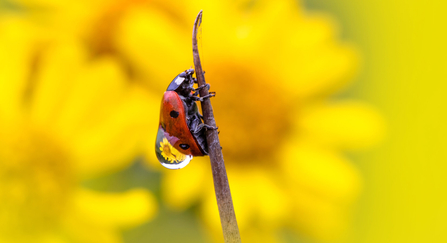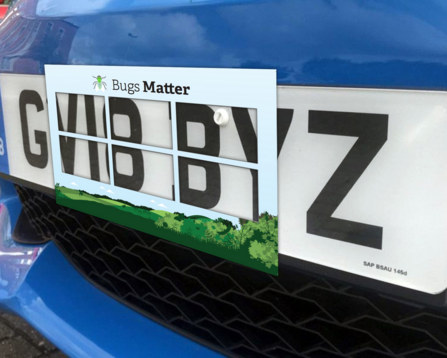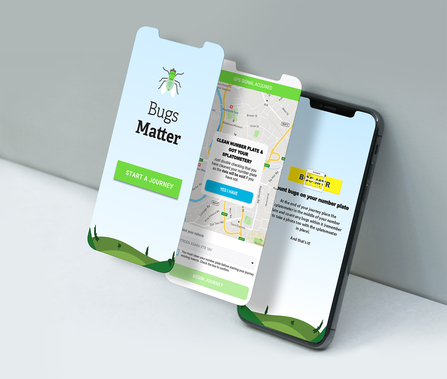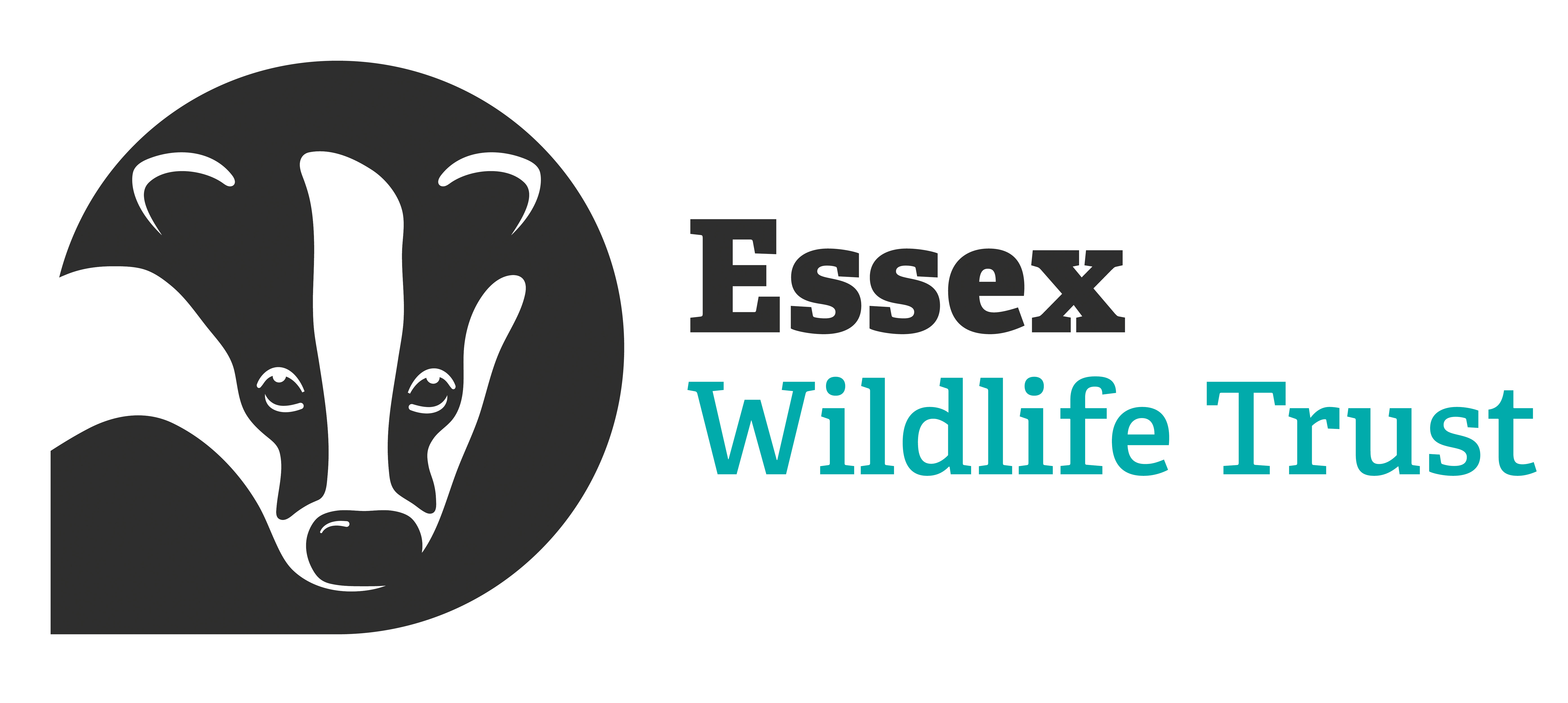Bugs Matter survey finds 70% decrease insects in less than 20 years
Marbled White (Melanagria galathea) resting on Pyramidal Orchid (Anacamptis pyramidalis) - Guy Edwardes/2020VISION

Jon Hawkins - Surrey Hills Photography
The 2021 Bugs Matter findings, which are published in a report released by Kent Wildlife Trust and Buglife (full report available here) , show that the number of insects sampled on vehicle number plates by citizen scientists across Essex reduced by a staggering 72% between 2004 and 2021. These findings are consistent with research which has widely reported declining trends in insect populations globally.
Across the UK as a whole, flying insects declined by a troubling 60% between 2004 and 2021. The observed declines are statistically significant and are indicative of a worrying pattern.
The Bugs Matter project, led by Kent Wildlife Trust and Buglife, supported by Essex Wildlife Trust and a number of other wildlife conservation organisations, is one of the UK’s few citizen science surveys of insect abundance that generates important data.
Take part in Bugs Matter 2022

Bugs Matter 'splatometer' used to count insects after car journeys.
Inspired by the ‘windscreen phenomenon' (a term given to the general observation that people are seeing fewer insects squashed on the windscreens of their cars today compared to several decades ago), Bugs Matter enlists the help of the public to monitor the health of the UK’s insect populations.
The concept is simple: before making an essential journey in a vehicle, clean the number plate. After each journey, count the insects squashed on the number plate using a ‘splatometer’ grid, which is posted to you when you download the free Bugs Matter app. A photo and count details are submitted via the app.
Insects and other invertebrates are critical to a healthy functioning environment. They pollinate most of the world’s crops, provide natural pest control services, decompose organic matter and recycle nutrients into the soil. Without them, life on earth would collapse.
Counting insects not only gives an estimate of the abundance of insect life in our towns and countryside, but is also a measure of the health of our environment. Insects are essential to supporting and maintaining a healthy environment, so when their numbers fall that is an indication that nature is in trouble.
Insect numbers can also show where wildlife is recovering, and so Bugs Matter can be used to measure how the work of conservation organisations and others is helping nature’s recovery.

Bugs Matter free app available to download.
Download the Bugs Matter app to take part in this year’s survey, from 1 June to 31 August 2022. Taking part is quick, free and easy.
iOS App Store: Bugs Matter on the App Store (apple.com)
Google Play: Bugs Matter - Apps on Google Play
The results from these ongoing surveys inform a growing requirement for conservation research, policy and practice targeted at insects in the UK.
Paul Hadaway, Director of Conservation at Kent Wildlife Trust, said:
“The results from the Bugs Matter study should shock and concern us all. We are seeing declines in insects which reflect the enormous threats and loss of wildlife more broadly across the Country. These declines are happening at an alarming rate and without concerted action to address them we face a stark future. Insects and pollinators are fundamental to the health of our environment and rural economies. We need action for all our wildlife now by creating more and bigger areas of habitats, providing corridors through the landscape for wildlife and allowing nature space to recover.”
Bailey Tait, Campaigns Officer at Essex Wildlife Trust, said:
“Through citizen science, we can gather county-wide data quickly and support the conservation of these important insects, before it is too late. By participating in Bugs Matter, people across Essex can make a real difference to their local wildlife. With the public’s help, we can protect butterflies, moths, dragonflies, ladybirds and so many more insects, for years to come.”
This year's Bugs Matter survey is sponsored by Ground Control, who say:
"Ground Control is delighted to again sponsor Bugs Matter so that we can better understand what is happening in our environment. Insects are a vital part of our ecosystem and these pollinators help nature flourish and create biodiversity."
Matt Shardlow, Chief Executive Officer at Buglife, said:
“This vital study suggests that the number of flying insects is declining by an average of 34% per decade, this is terrifying. We cannot put off action any longer, for the health and wellbeing of future generations this demands a political and a societal response, it is essential that we halt biodiversity decline – now!”
The Bugs Matter team thank everyone who took part in 2021 and hope that more citizen scientists will take part across Essex in 2022.
For more information, please visit: www.kentwildlifetrust.org.uk/bugs-matter
